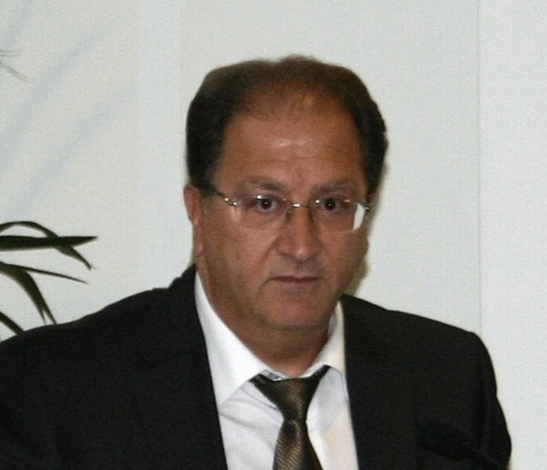 Economist, researcher, university lecturer and member of the FEMISE Scientific Committee, Dr Raed Safadi is one of the authors of a new collective book published by Femise and the CEPR, ‘The Arab Spring: Implications for Economic Integration’
Economist, researcher, university lecturer and member of the FEMISE Scientific Committee, Dr Raed Safadi is one of the authors of a new collective book published by Femise and the CEPR, ‘The Arab Spring: Implications for Economic Integration’
Finding the right path after Assad
Raed Safadi considers that this model has to be based on a major premise: that political and economic freedom cannot be separated. This is the basis of his proposals. ‘To help Syria find the right path after Assad (…) and for it to become a democratic society, the foundations of a free market economy need to be established, with an efficient labour market and educational system.’
How can this be accomplished? Citing the work of Dani Rodrik, the Turkish economist and Harvard professor, on numerous occasions, Raed Safadi identifies five key areas for action: establishing a constitutional state and the respect of the right to property; creating supervisory bodies (e.g. anti-monopoly, banking) and balancing bodies (e.g. to counter the power of the markets); establishing tools or entities for macroeconomic stabilisation, (e.g. a last resort lender); creating social stability and institutions for the management of social conflict.
How quickly would this huge programme need to be implemented? ‘Of course, there is more than one path’, observes Raed Safadi. ‘Poor economic performance, particularly during the transition period, could seriously undermine the progress of the democratic process. But the Syrian people’s quest for freedom is the same as that of societies all over the world. That is why I entitled my contribution, ‘The long road for Syria to self-healing’. That is why I also think that for the process to succeed, the fundamental issue is one of the legitimacy of the institutions’.
Interview with A. Mignot, Econostrum. www.econostrum.info.
Enregistrez-vous pour le newsletter Econostrum:http://www.econostrum.info/subscription/


